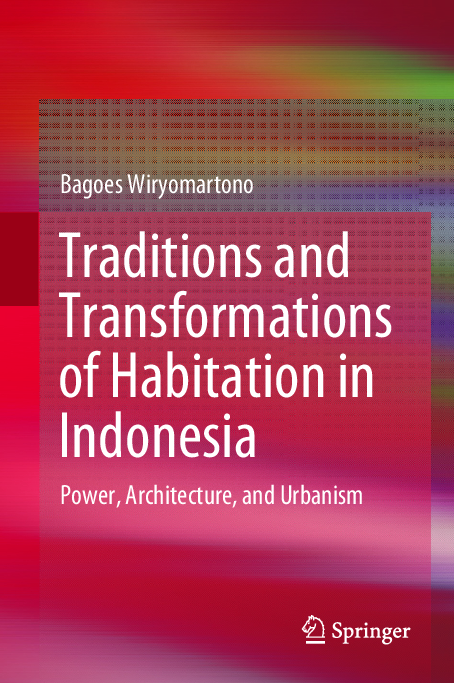As inflation rises and disposable incomes dwindle, many residents of Jakarta are increasingly flocking to shopping malls—not for purchasing goods but for the leisurely act of window shopping. This shift in behavior has transformed a once-casual pastime into an essential coping mechanism, providing comfort amid economic uncertainty.
The Rojali-Rohana Trend

Recent social media trends reflect this phenomenon, with humorous acronyms such as Rojali—short for “rombongan jarang beli” or “groups that rarely buy”—and Rohana, meaning “rombongan hanya nanya” or “groups that only ask.” These terms capture the experiences of mall-goers who enjoy browsing without making purchases. In a bustling city known for its nearly 100 shopping malls yet lacking sufficient public spaces, this trend resonates deeply with Jakartans.
On a typical Thursday afternoon, while the city’s streets are choked with traffic and office workers meet deadlines, 37-year-old Fitria strolls through Plaza Senayan, a sleek four-story mall in Central Jakarta. Notably, she has no intention of buying anything today.
Fitria, a self-described regular at the mall, spends her time exploring store displays, trying on clothes, and sampling perfumes. For her, window shopping is a source of joy—allowing her to physically engage with products before deciding whether to purchase them online.
“Visiting malls feels relieving because I can experience the products in person without the pressure to spend,” Fitria explained, hailing from Kebayoran Baru in South Jakarta.
A Shift in Consumer Behavior

The trend highlights a significant shift in consumer behavior among Jakartans. With the rising cost of living affecting daily financial decisions, people are adapting to new ways of enjoying their surroundings. Once primarily destinations for retail therapy, malls are now seen as spaces for social interaction and escapism.
In light of recent economic pressures, window shopping offers a respite from daily challenges, allowing individuals to enjoy a semblance of normalcy without the burden of spending money. This has led to increased foot traffic in malls, even if the shopping bags are empty.
Retail experts note that this change may have lasting implications for businesses. “For retailers, understanding that foot traffic does not necessarily equate to sales is key. Malls must find ways to attract customers looking for experiences rather than just products,” said marketing analyst Arief Setiawan.
The Emotional Relief of Browsing

The emotional impact of window shopping cannot be understated. It serves as a form of therapy for many, creating an environment where stress can be alleviated through the simple act of walking through stores.
Psychologist Dr. Lina Mustika elaborated on this concept, stating, “Shopping malls provide a space for people to escape their daily routines. Even if they don’t buy anything, the act of browsing allows them to feel connected to a larger community.”
Conclusion
As Jakartans navigate the complexities of rising living costs, the allure of window shopping continues to grow, transforming shopping malls into cherished social hubs that offer comfort and relief from economic pressures.
